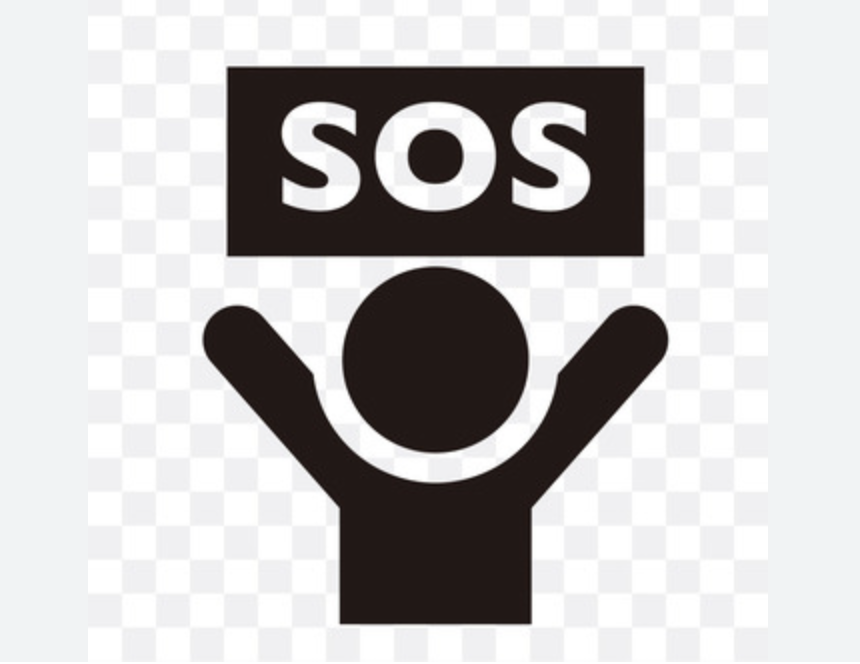
An SOS From American Democracy
https://www.notesfromthecircus.com
05/01/2025
For decades, American diplomats, civil society organizations, and democracy activists have supported democratic movements worldwide. From the Marshall Plan’s reconstruction of democratic Europe to the post-Cold War transitions in Eastern Europe; from funding electoral monitoring in emerging democracies to supporting civil society organizations in countries struggling against authoritarian rule—American commitment to democratic development globally has been substantial, if imperfect.
This isn’t to whitewash America’s contradictory history of also supporting dictatorships when geopolitically convenient, or to ignore its own domestic democratic shortcomings. But the fact remains: When democracies have been threatened, America has often provided crucial support—not just through government channels but through its foundations, universities, and civil society.
Now, in a historical reversal few anticipated, American democracy itself requires similar support. The debt incurred by democracies that benefited from American solidarity must now be repaid—not out of obligation alone, but out of recognition that democracy’s defense requires mutual support across national boundaries.
This isn’t foreign interference; it’s democratic solidarity. Just as Americans supporting Polish labor activists in the 1980s weren’t “interfering” in Poland but standing with fellow democrats against authoritarianism, foreign democrats supporting American civil society today aren’t interfering in America but helping preserve a system under threat.
The Domino Effect No One Wants to Acknowledge
When the Trump administration openly defies unanimous Supreme Court rulings, purges career civil servants to replace them with loyalists, weaponizes law enforcement against political opponents, and transforms government agencies into extensions of private interests—the effects extend far beyond American borders.
Autocrats worldwide are watching closely. When American power aligns with autocratic methods rather than democratic principles, it creates a permission structure for democratic backsliding globally. Each unanswered violation of democratic norms in America emboldens similar violations elsewhere.
We can already see this effect taking shape. The language of “deep state” purges, once associated with authoritarian regimes, has entered mainstream American discourse. The rejection of judicial oversight, the personalization of state power, the transformation of government into a mechanism for personal enrichment—these authoritarian tactics gain global legitimacy when practiced by the world’s most powerful democracy.
This isn’t just theoretical. Democracy researchers have documented how authoritarian innovations spread across borders, with successful tactics in one country quickly adopted by would-be autocrats elsewhere. When American democracy falters, the democratic recession already underway globally will accelerate dramatically.
For international democracy advocates now calculating how to maintain access and funding under an increasingly authoritarian American administration, this math should be sobering. Whatever short-term gains might come from accommodation will be dwarfed by the long-term consequences of a globalized democratic collapse triggered by American authoritarian consolidation.
*******
The SOS signal was designed to cut through linguistic and national barriers—to create a universal call for help that transcended differences. Today’s call from American democracy requires a similar response—one that recognizes that democratic solidarity transcends nationalism, that the defense of liberal democratic values knows no borders.
For foreign democrats hesitant to “interfere” in American affairs, consider this: If you were on a ship watching another vessel sink, would you hesitate to respond to their distress signal because it might constitute “interference”? Of course not. You would recognize the humanitarian imperative transcends normal boundaries of jurisdiction.
So too with democracy. When a democratic system faces existential threat, the normal boundaries of non-interference yield to the more fundamental imperative of democratic solidarity.
For those international democracy advocates now calculating how to preserve their access, funding, and relationships with the current administration—I ask you to consider the deeper question: If principled solidarity fails when it becomes inconvenient, was it ever truly solidarity at all? If democratic values apply only when strategically advantageous, were they ever truly values?
As I write this from within an America experiencing democratic erosion in real time, I do so not as a citizen seeking special treatment for my country, but as a democrat seeking solidarity from fellow democrats. The SOS signal from American democracy is clear and urgent. The only question that remains is whether those who hear it will respond in time—or whether their silence will stand as the epitaph for a global democratic project that collapsed when its universal claims were put to the test.
Two plus two equals four. There are twenty-four hours in a day. And no democracy, however powerful, can survive alone when its foundations are under systematic assault. The center must be held—not because it is easy, but because it is ours to hold. And in this moment, “ours” must expand beyond American borders to encompass all who value democratic governance and the rule of law.
The ship is taking on water. The distress signal has been sent. Will you answer?